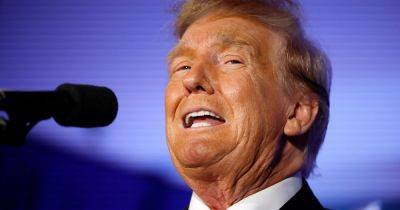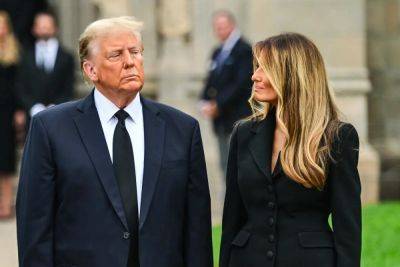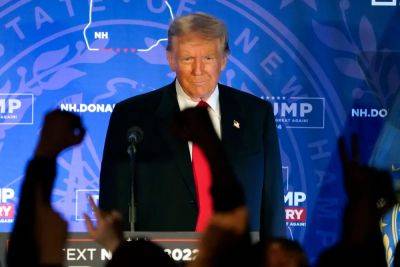Fact check: Are Colorado Supreme Court justices ‘unelected,’ as GOP has claimed?
CNN —
After the Colorado Supreme Court ruled that former President Donald Trump is ineligible for office because of the Constitution’s “insurrectionist ban,” some prominent Republicans bashed the “unelected judges” for their decision.
“We need elections that we can trust, that we can believe in,” GOP presidential candidate Vivek Ramaswamy said Tuesday at a campaign event in Mason City, Iowa. “That means yes, unelected judges are not going to decide willy-nilly across the state who ends up on a ballot and who doesn’t.”
GOP Rep. Mike Waltz of Florida also criticized the “unelected judges” for issuing a “garbage” ruling in a social media post Wednesday. And Trump pollster Jim McLaughlin told Politico that the case was decided by “a bunch of unelected, left-wing judges.” Missouri Lt. Gov. Mike Kehoe similarly said “unelected liberal judges” shouldn’t determine who can be president.
Facts First: These comments aren’t entirely accurate. In Colorado, supreme court justices are initially appointed by governors but then have to face the voters by running in statewide retention elections. Colorado voters previously chose to keep all four justices who were in the 4-3 majority that ruled against Trump.
All seven justices on the state’s high court were appointed by Democratic governors, which has become a point of criticism from Trump’s campaign after the ruling.
The justices serve for an initial two years – and then Colorado voters decide on a yes-or-no ballot whether to keep them for a subsequent 10-year term, according to state law. This is different from some states, where they run head-to-head against an opposing judicial candidate.
Six of the seven Colorado justices have won statewide retention elections to stay on







